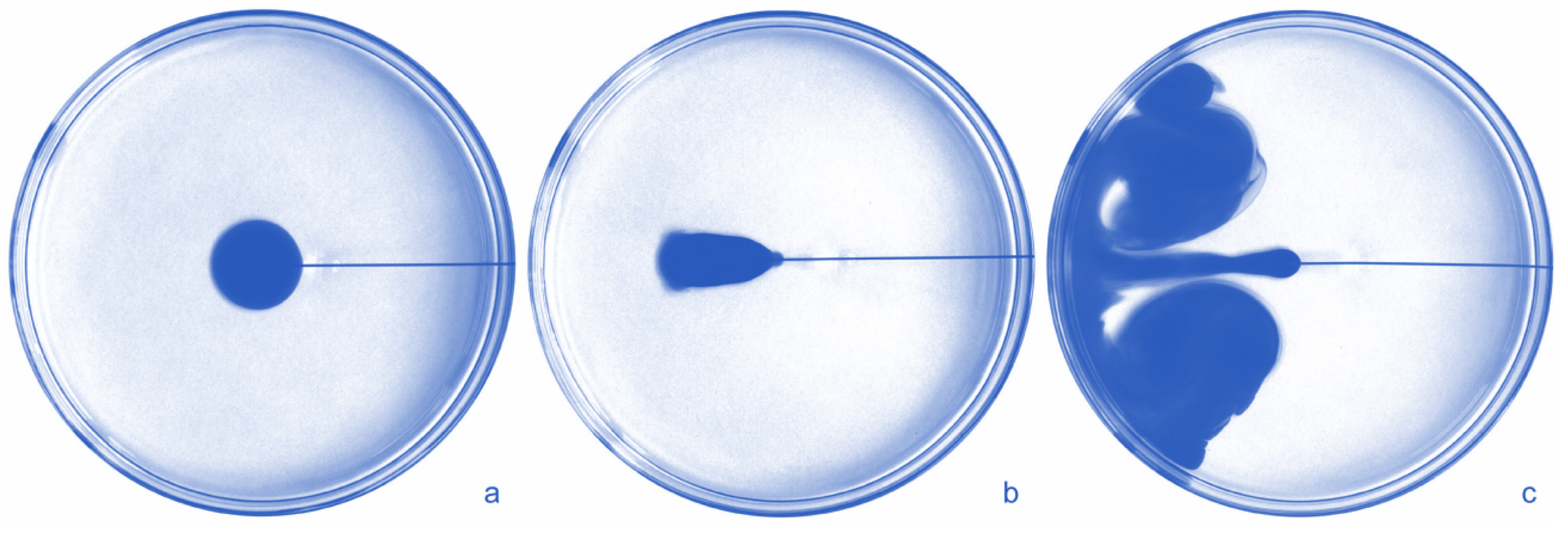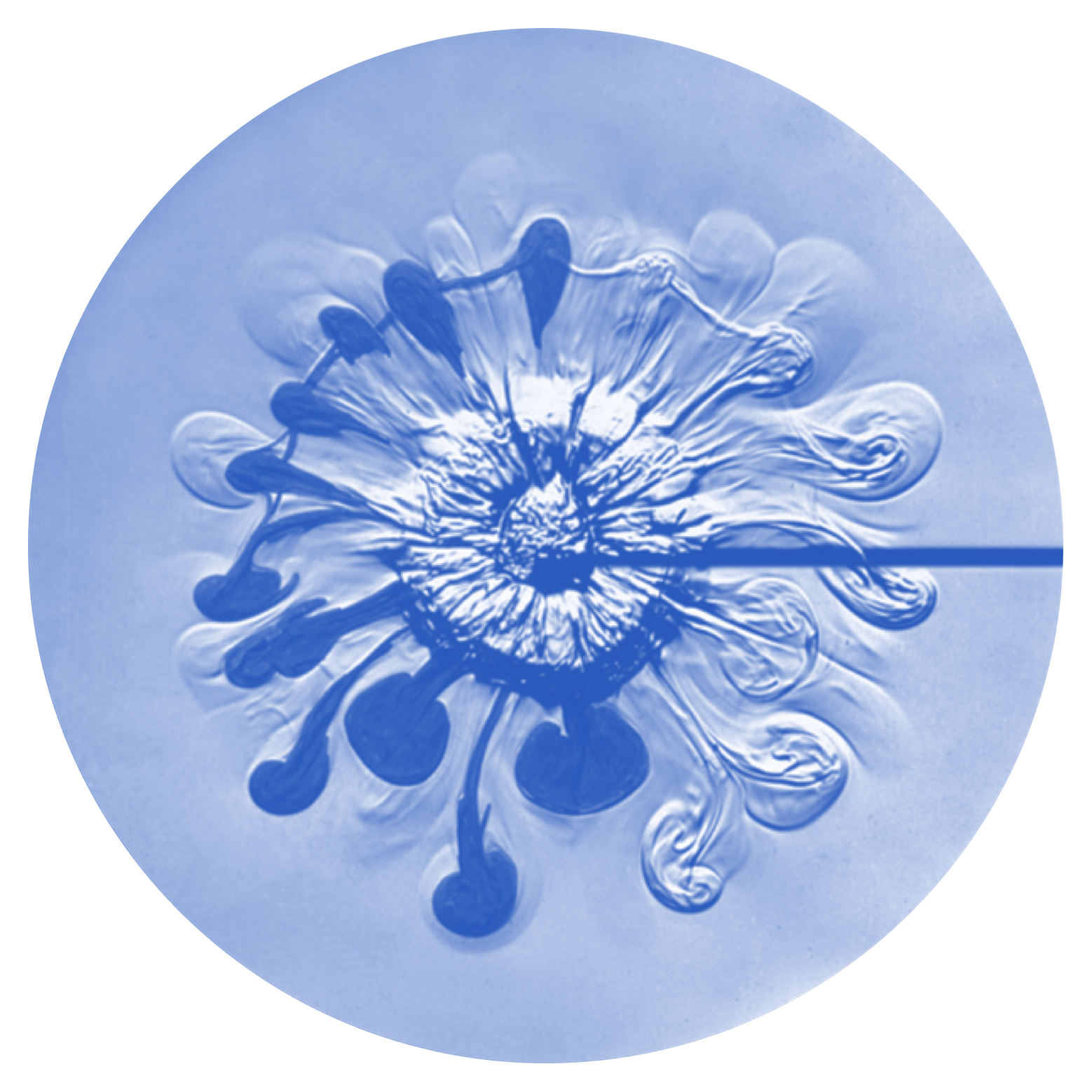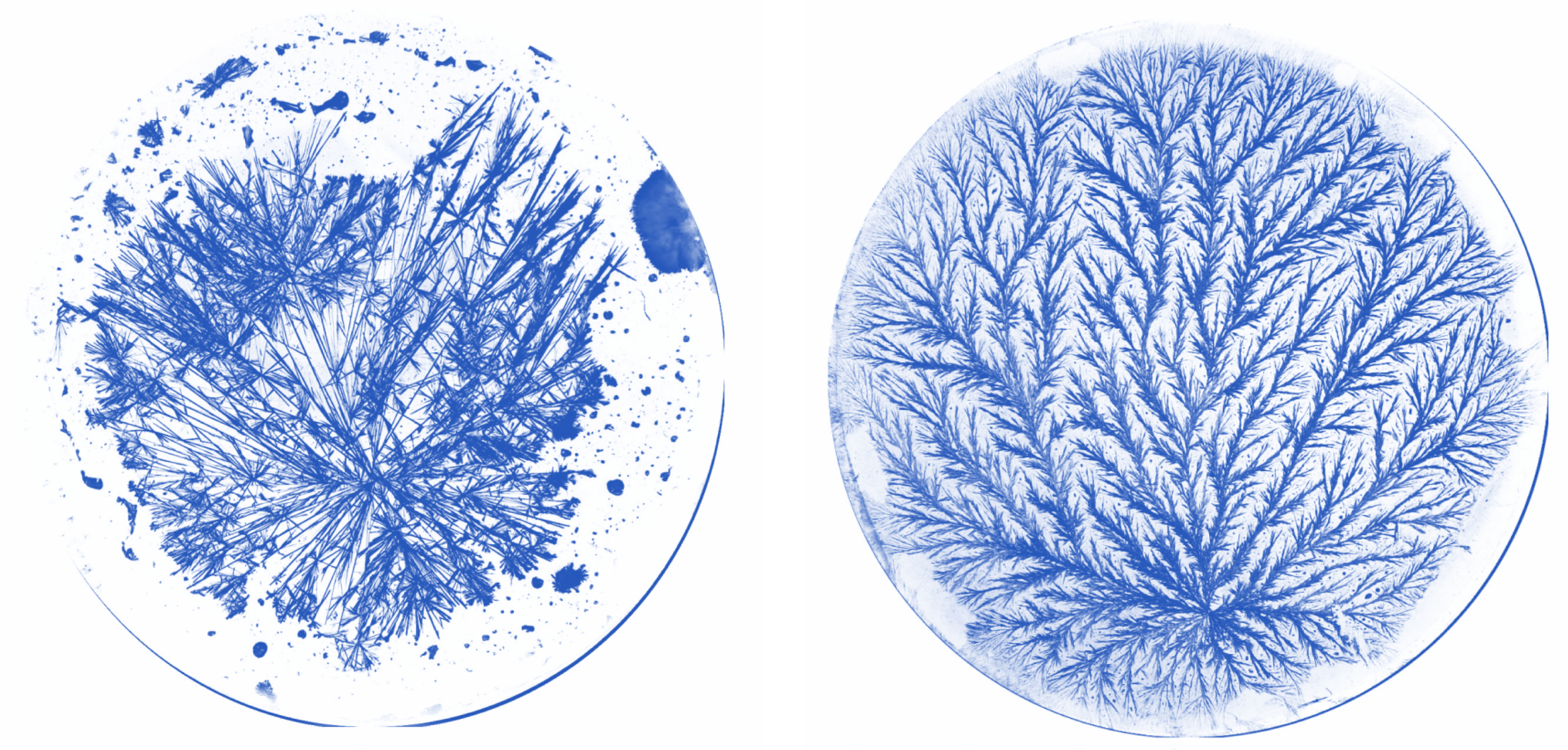Topics and research methods in the Elemente
Contextual and Goetheanistic research methods acknowledge that the methods are dependent on the research object. They are based on the supposition that a standard method can only ever represent certain aspects of a research object, aspects which are not restricted by the object itself but by the method. Given the dependence of the research method on the object, there is a need to improve the "fit" between the two: the usual approach is to begin with standard methods which are then varied iteratively in the research process and/or complemented by additional methodological tools.
Because of this characteristic, the methods cannot in principle be assigned a general and definitive characterisation or classification. The following list of methods and topics is therefore not to be viewed as exhaustive, but is intended to illustrate some of the approaches which form the basis of the articles in the Elemente. These include:
- Studies with a Goetheanistic and anthroposophically expanded basis, which contribute to the spiritual development of the natural sciences, as outlined by Rudolf Steiner;
- Studies which develop or apply morphological methods, particularly in botany and biology;
- Research into the relationship between phenotype and genotype, also in connection with the unintended effects of changes brought about by genetic modification;
- Studies on the development and application of picture-forming methods, such as copper chloride crystallisation, capillary dynamolysis and the drop picture method;
- Studies describing sustainable and holistic natural processes and environmental management, particularly in relation to natural biodiversity, communities and landscapes;
- Descriptive or phenomenological approaches with phenomenological series and variation of the experimental parameters, particularly in chemistry and physics;
- Studies on the philosophy of science and alternative or complementary interpretations of scientific results to take account of and develop wider perspectives, research disciplines and contexts.
Articles with similar methodological approaches and/or key topics are always to be found in the Elemente. Articles can also be accepted which are written on other natural scientific topics unconnected to the list above. These include contributions in the category Research Review in which current scientific results which do not necessarily come from the field of Goetheanistic or phenomenological research are recognized and discussed.


